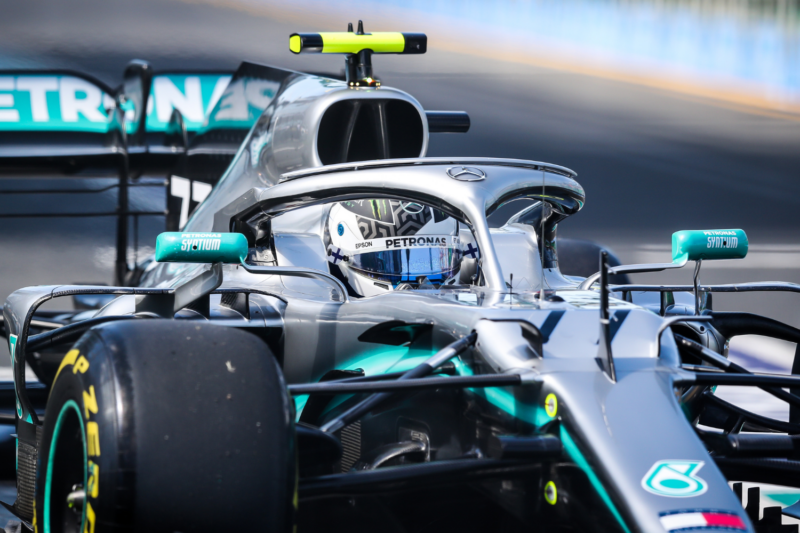New study appears to have the answer to one of F1’s oldest questions: which is more important car and team, or driver?

80-20 rule of car being most important factor to success, dismissed using statistical modelling and race analysis across eight seasons
Which is more important to driving success in Formula 1, driver, or team and machine? A new eight-season-long study out today, following this weekend’s exciting British Grand Prix, finds surprisingly the answer is not as much to do with the car as you might expect!
“There is a long-held belief, the so-called ‘80-20 rule’, in F1 that the car/team are responsible for 80% of race success, while the skill of the driver only accounts for 20%,” explains lead author Duane Rockerbie, from the University of Lethbridge, whose findings are published in the journal, Applied Economics.
“What we find, however, is that the car and team’s input has been greatly overestimated. Rather than 80%, it is closer to 20%. The driver’s input accounts for roughly 15%.
“The biggest factor is more nuanced and it’s the interaction between the driver and team, which accounts for 30-40%. Random factors that occur during the race make up the rest.
“Our findings are particularly validating for drivers, as it shows they do not just drive the cars but also provide valuable input and feedback on the development of the cars. More skilled drivers improve the return to team technology and vice-versa. After all, F1 cars do not drive themselves and drivers cannot ply their trade without an F1 car. The 80-20 rule vastly underestimates the role of the driver, given the critical complementarity between driver and team.”
The findings were teased apart by Rockerbie and co-author Stephen Easton, Professor of Economics, at Simon Fraser University. They used statistical modelling, and data from the 2012-2019 F1 seasons, to determine finishing positions.
They are able to compare, season-by-season, the variation of driver skill to the outlay of team spend on the car. From the data assessed, their results show that 2012 was the season most reliant on driver skill for a race win: 16.7% – “perhaps due to rule changes that emphasized greater driving skill and strategy on the track”.
The experts are also able to demonstrate the huge amount of funding required, on average, to improve a team’s performance on the track.
“A team that finishes, on average, 10th place every race would need to spend an additional $164.6 million to finish ninth place consistently. This would require an increase to both driver salary (which currently averages at $7.86 million per season) and team budget (which averages at $195.86 million),” states Rockerbie.
“The necessary spending varies each season though, largely due to differences in the average team budgets and driver salaries.
“The amount also varies according to the existing team budget and driver salary due to the non-linearity of the relationship between expenditures and rank finish.”
Overall, the experts’ outcome suggests although the teams which spend more on their budgets and driver salaries will improve their rank finishes, it isn’t quite that simple.
“The return to hiring more driving skill (at an assumedly higher driver salary) is positive, in terms of returning better position finishes, but it diminishes the size of the team budget,” says Professor Easton. “The return to spending more on the team budget is positive, for finishes, but diminishing in the size of the driver salary. The team with the largest budget outlay overall, therefore, is most likely in the best position to win each season, as they can afford to not diminish the car’s performance in exchange for a high-quality driver.
“This finding is further backed up with the casual evidence: drivers who move to teams with superior cars, and team support, or who are lucky enough to begin their F1 career with these teams, achieve superior results and possibly world championships.”

 China
China